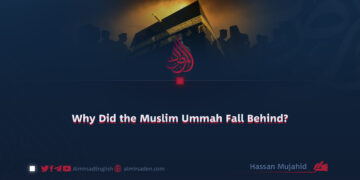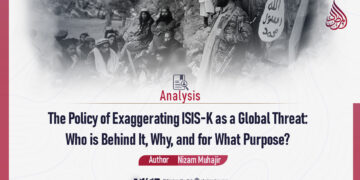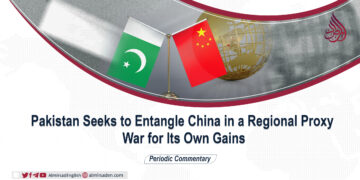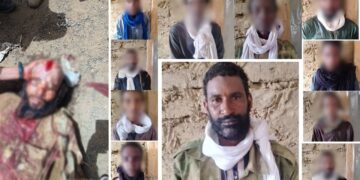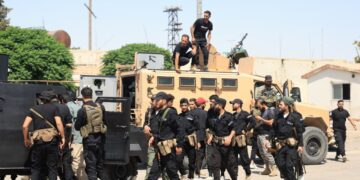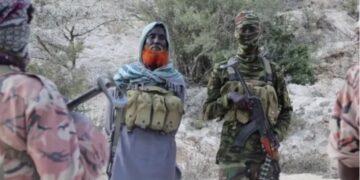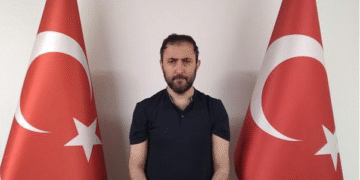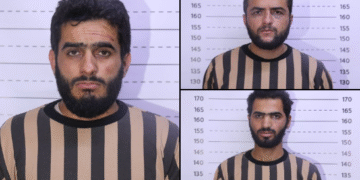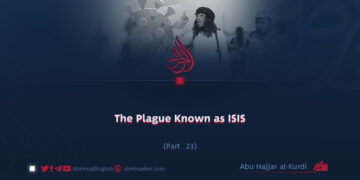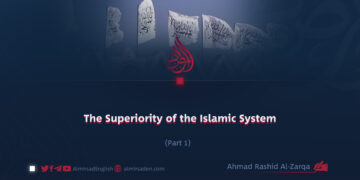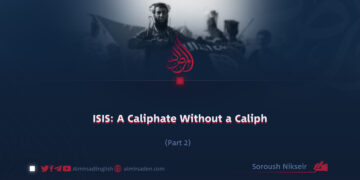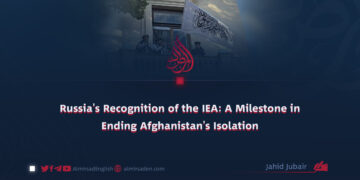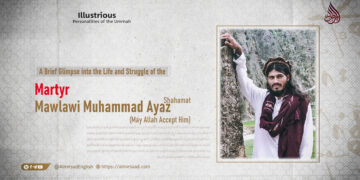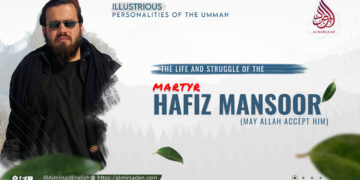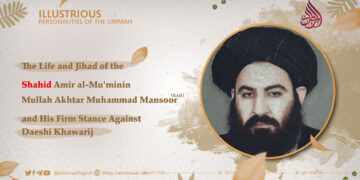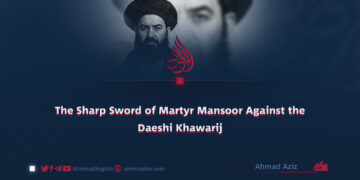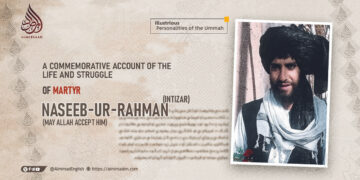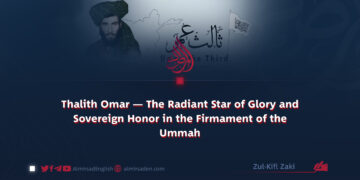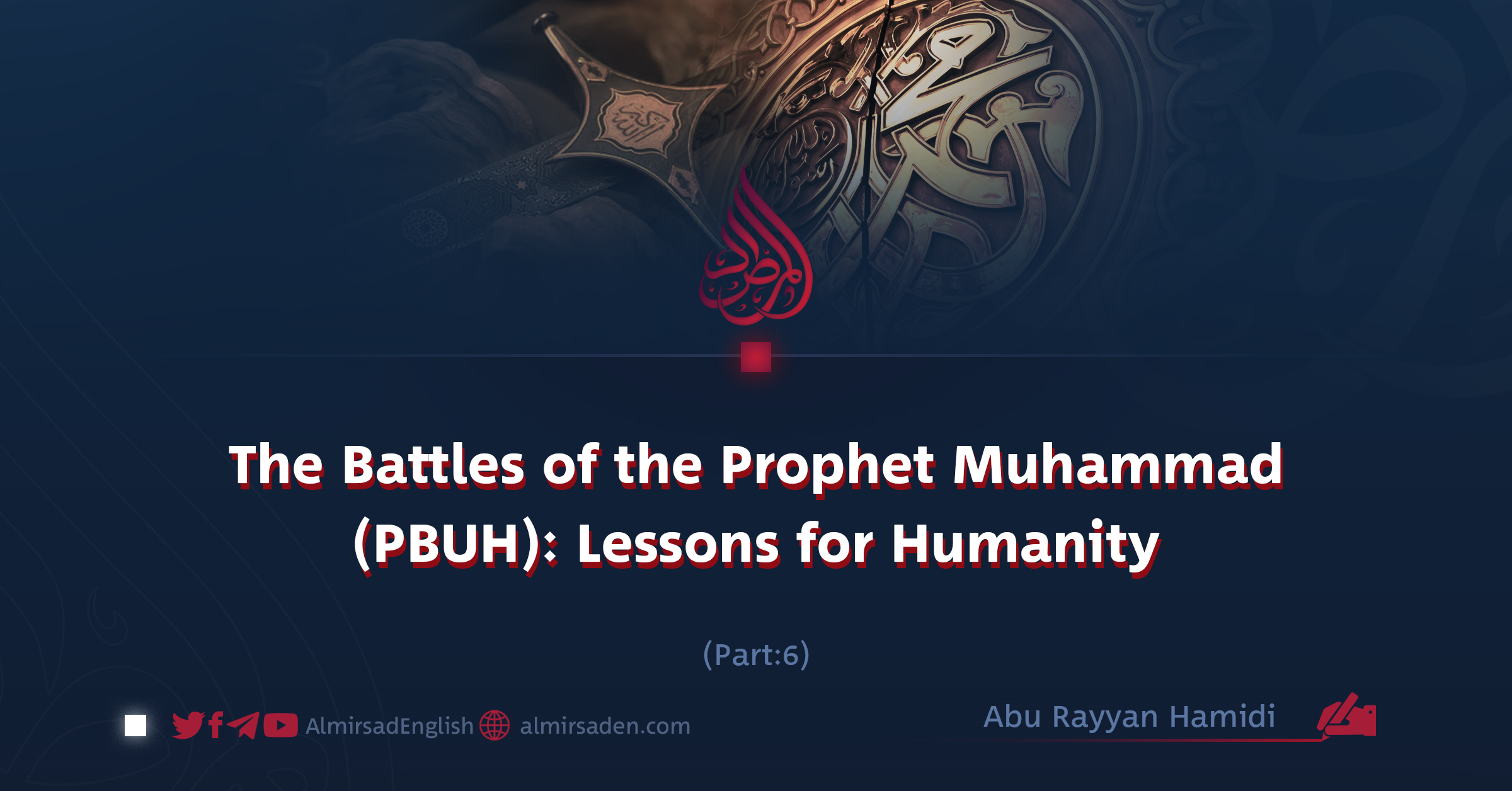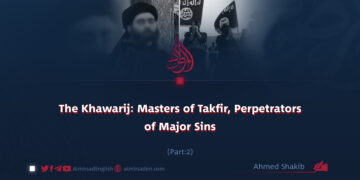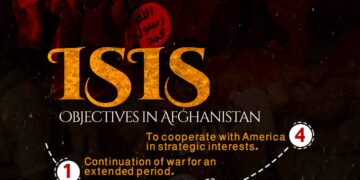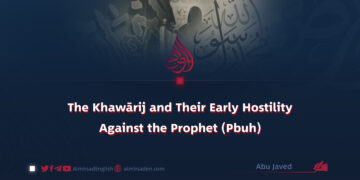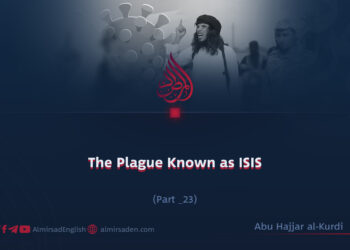Part 6
Written by: Abu Rayyan Hamidi
The Quraysh of Makkah Prepare for War
The cries of Damdam Al-Ghifari reverberated across Makkah, igniting a surge of emotion among the Quraysh. They proclaimed, “This is not akin to the caravan of Ibn Hadrami that you plundered. By Allah, our response to this will be severe!” A unanimous decision was made—either they would march to battle themselves or dispatch representatives. The overwhelming majority prepared for war. Only Abū Lahab refrained from joining, sending his debtor, ‘As ibn Hisham, in his stead. In addition, they sought support from allied tribes in the surrounding regions.
The Quraysh harbored lingering tensions with the Banu Bakr tribe and feared the possibility of an ambush from the rear during their march to Badr. At that critical juncture, Satan appeared to them in the guise of Surāqa ibn Mālik, assuring them that Banu Bakr would not act against their interests. Through this deception, Iblis instilled false confidence in them and further encouraged them toward their fatal march.
The Size and Armament of the Makkan Army
Fueled by arrogance, this army departed from Makkah with excessive pride—just as the Exalted Lord mentions about them in the Qur’an:
“And do not be like those who came forth from their homes insolently and to be seen by people…”
(Al-Anfal: 47)
This army consisted of approximately 1,000 combatants. They possessed around 700 camels and 100 horses, with each cavalryman being fully armored. The army also included female singers who recited derisive poetry mocking the Prophet (peace be upon him) and his noble companions. Apart from the mounted soldiers, there were 600 infantrymen in armor. The overall commander was Abu Jahl. They advanced toward Badr with overwhelming pride and confidence, aiming to eliminate the army of Islam—that had offended their dominance and pride—from the Arabian Peninsula.
The Muslim Army’s Movement and Lessons from the Journey
As the Muslim army departed from Madinah, several noteworthy incidents occurred during the journey—each offering significant lessons:
Troop Inspection and Discipline
Upon reaching the area of Bi’r Abi ‘Anbah, approximately one mile from Madinah, the Prophet (PBUH) personally inspected his troops. He instructed those companions who were underage or physically unfit for combat to return. Among them were al-Barāʾ ibn ʿĀzib and ‘Abdullah ibn ‘Umar, whom the Prophet (PBUH) directed to go back to Madinah.
Exclusion of the Polytheist
A polytheist had joined the ranks of the Muslim army. However, the Prophet (peace be upon him) dismissed him, stating:
“Go back; I do not seek assistance from a polytheist.”
Despite his repeated pleas to remain, he was not permitted to stay. Eventually, he embraced Islam and thereafter joined the army as a sincere and committed Muslim.
Before the Muslim army reached the region of Safra’, the Prophet (peace be upon him) dispatched two companions—Basbas ibn ‘Amr and ‘Addi ibn Abi al-Raghba—to gather intelligence regarding the Quraysh caravan. Upon reaching Safra, these two scouts returned and reported to the Prophet (PBUH) that a sizable Makkan army had set out to protect the caravan.
The Caravan Was Safeguarded
Abu Sufyan was a man of considerable cunning and strategic awareness. As the caravan approached the area near Badr, he personally investigated reports of the Muslim army’s movement. Earlier, Basbas and ‘Addi had arrived at the wells of Badr, filled their waterskins, watered their horses, and departed. When Abu Sufyan arrived, he questioned Mujdi ibn ‘Amr about any unusual sightings. Mujdi responded that he had only seen two riders who had briefly watered their animals and left.
Investigating further, Abu Sufyan examined some camel droppings at the site, broke them open, and found date pits within. Recognizing the dates as being from Yathrib (Madinah), he concluded that the Muslim army was indeed nearby. Accordingly, he diverted the caravan westward along the coastal route, abandoning the main path to Badr. Through this maneuver, he successfully steered the caravan out of the Muslims’ reach.

